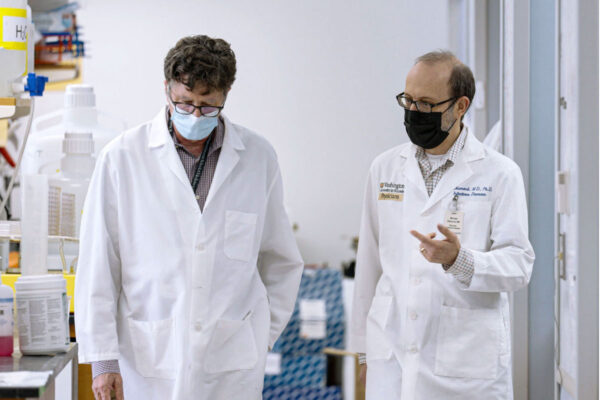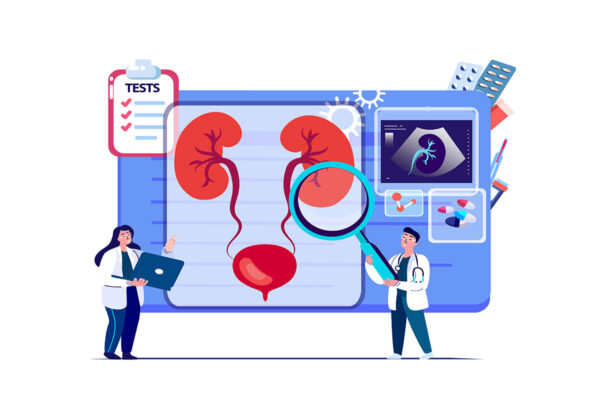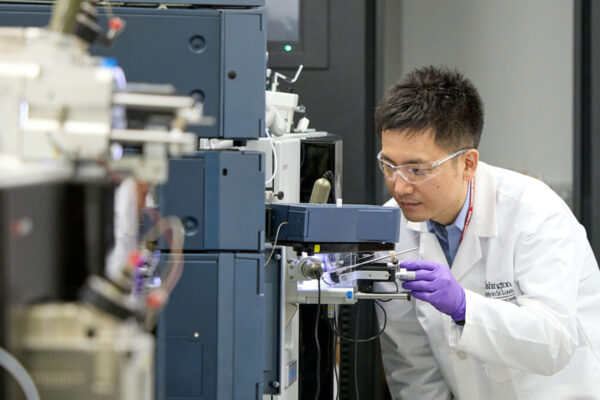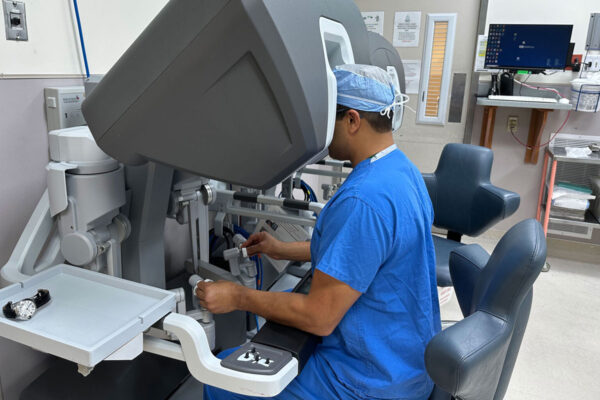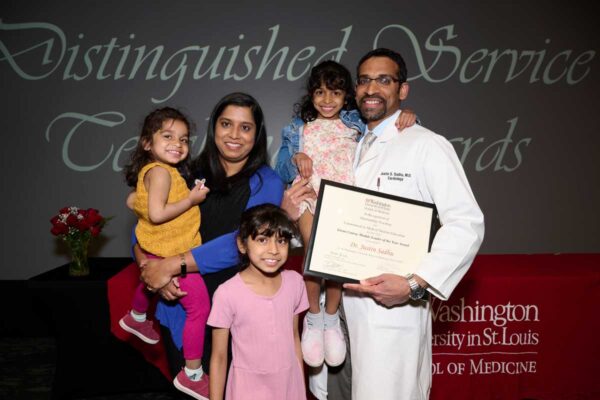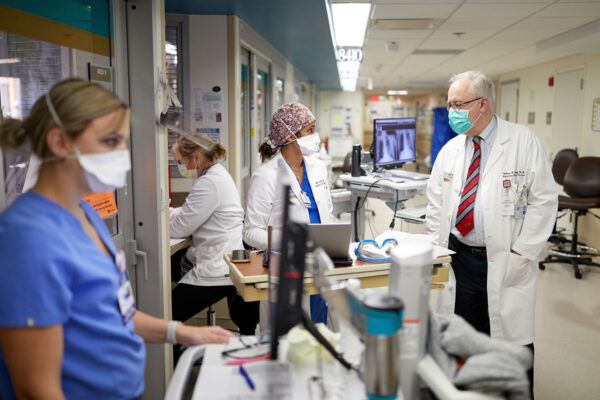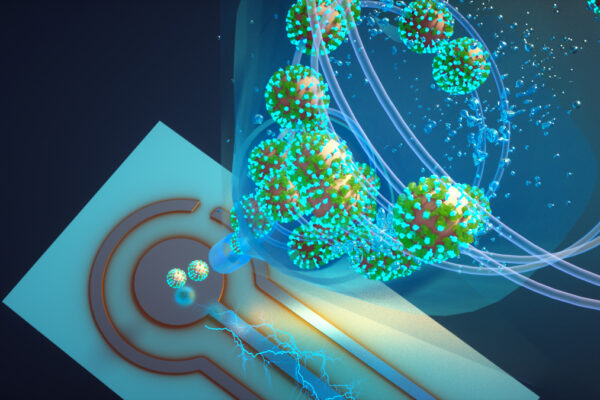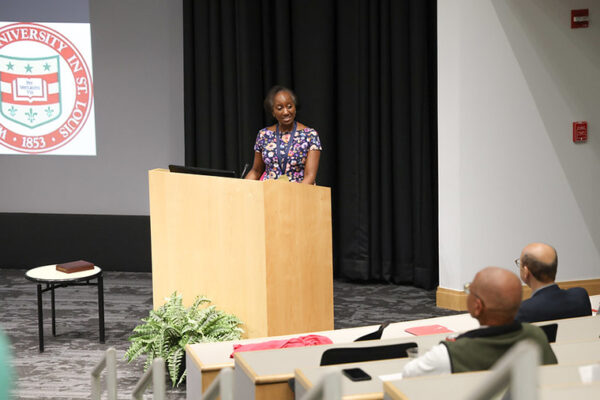Curiel, Diamond receive innovation award
David T. Curiel, MD, PhD, and Michael S. Diamond, MD, PhD, both of the School of Medicine, have received the Chancellor’s Award for Innovation and Entrepreneurship for their development of a nasal vaccine against the virus that causes COVID-19.
Kidney tissue atlas serves as blueprint for understanding kidney injury, disease
Researchers at the School of Medicine helped lead a major study, funded by the National Institutes of Health (NIH), that uncovered rich cellular and molecular diversity in healthy and diseased kidneys, creating a kidney tissue atlas that will help further understanding of kidney injury and disease.
Scholars receive grants from McDonnell Center for Systems Neuroscience
Neuroscience researchers Tom Franken, MD, PhD, and Alessandro Livi, PhD, at the School of Medicine, are among the recipients of this year’s McDonnell Center for Systems Neuroscience Small Grants.
Payne installed as an inaugural Becker Professor
Philip R.O. Payne has been named an inaugural Janet and Bernard Becker Professor at the School of Medicine. He was installed by Chancellor Andrew D. Martin and David Perlmutter, MD, executive vice chancellor for medical affairs.
Tau-based biomarker tracks Alzheimer’s progression
Researchers at the School of Medicine and Lund University in Sweden have identified a form of tau that could serve as a marker to track Alzheimer’s progression. The marker also could speed drug development.
First robotic liver transplant in U.S. performed by Washington University surgeons
A surgical team from the School of Medicine recently performed the first robotic liver transplant in the U.S. in May at Barnes-Jewish Hospital.
Medical students honor their mentors, teachers
Washington University School of Medicine students recently honored faculty and residents with Distinguished Service Teaching Awards.
Anti-inflammatory drugs did not speed COVID-19 recovery but prevented deaths
Two drugs commonly used to treat inflammatory diseases such as rheumatoid arthritis and psoriasis did not shorten recovery time for patients hospitalized with severe COVID-19 but did reduce the likelihood of death when compared with standard care alone, according to a study led by the School of Medicine.
Air monitor can detect COVID-19 virus variants in about 5 minutes
Proof-of-concept device could also monitor for flu, RSV, other respiratory viruses.
Njoku installed as Wise Chair in Pediatric Anesthesiology
Dolores B. Njoku, MD, the director of pediatric anesthesiology at the School of Medicine and anesthesiologist-in-chief at St. Louis Children’s Hospital, has been installed as the new Rudolph L. and Mary Frances Wise Endowed Chair in Pediatric Anesthesiology.
View More Stories
